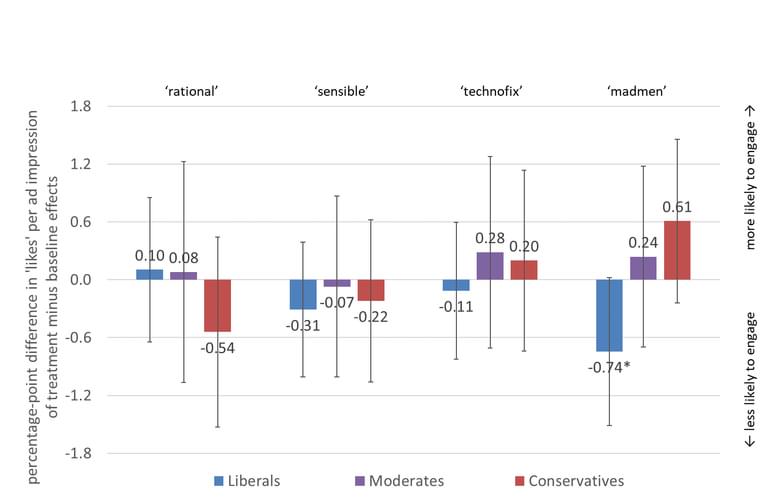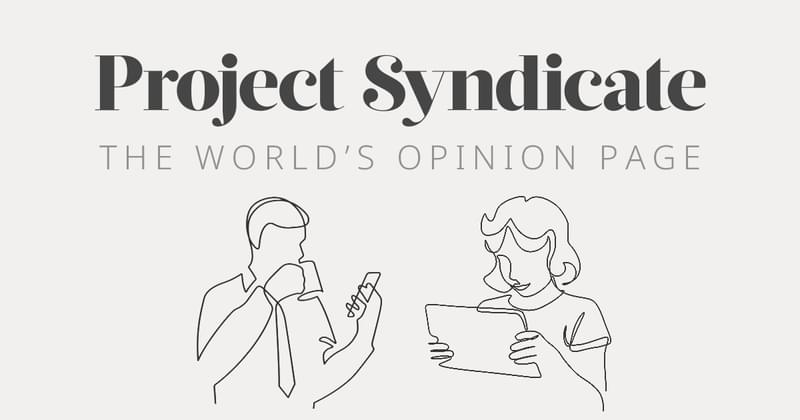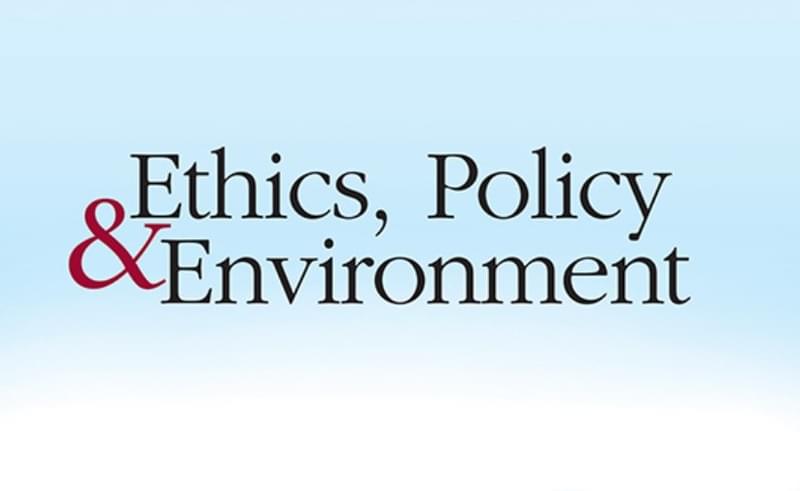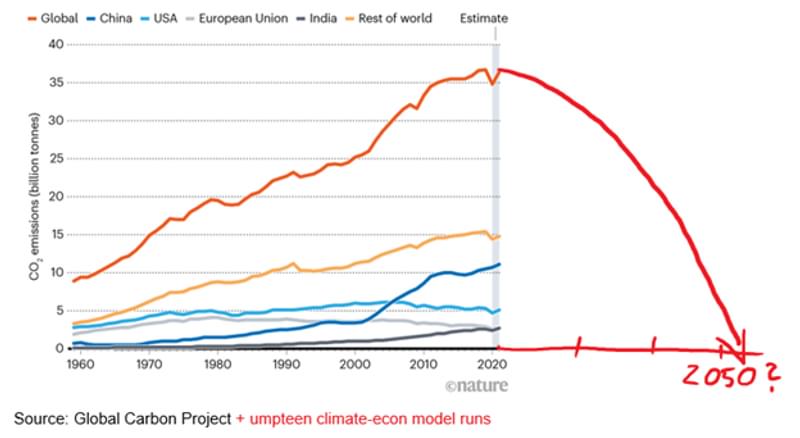Geoengineering: the Gamble — an afternoon with Dr. Gernot Wagner
Stony Book, New York

Stony Book, New York

by Rivka Galchen

by Isabella O'Malley

by Julia Simon

Interview with Srijana Mitra Das

by Sarah DeWeerdt


by Christine Merk and Gernot Wagner

Göttingen, Germany

As long as coal plants are still operating, it is a good idea to require them capture their carbon dioxide emissions. But those designing policies to hasten such practices must tread carefully, lest they unwittingly extend the life of dirtier energy sources.

To think that technology will save us from climate change is to invite riskier behavior, or moral hazard. Whether a climate technology creates new problems has little to do with the solution, and everything to do with us.

Gespräch mit Ruth Ciesinger

by James Temple

Boulder, Colorado

by Gernot Wagner and Daniel Zizzamia

New York, NY

Climate Change University

University Park, PA

Harvard Medical School

The severity of the climate crisis necessitates a new look at nuclear power